People have been left divided after a TV star and her family were kicked off a flight for making a simple request to their fellow passengers.
Georgie Palmer, 49, claims she was removed from the SunExpress flight from London Gatwick in the UK to Dalaman Airport in Turkey.
Palmer is a highly successful TV presenter and broadcast journalist who became a household name after joining the BBC as a weather presenter and entertainment correspondent in 2009.
Palmer shared on social media that the SunExpress crew ignored her request to make a general announcement, prompting her to speak directly to passengers around her.

People have been left shocked by the story, with one commenter writing: “The father tried to gain access to the cockpit! That is a fine reason for you and your family to be kicked off the flight. That’s not just an announcement issue, it’s a security issue.”
Palmer boarded the flight with her husband, Nick Sollom, 48, and daughters, Rosie, 12, and Annie, 14.
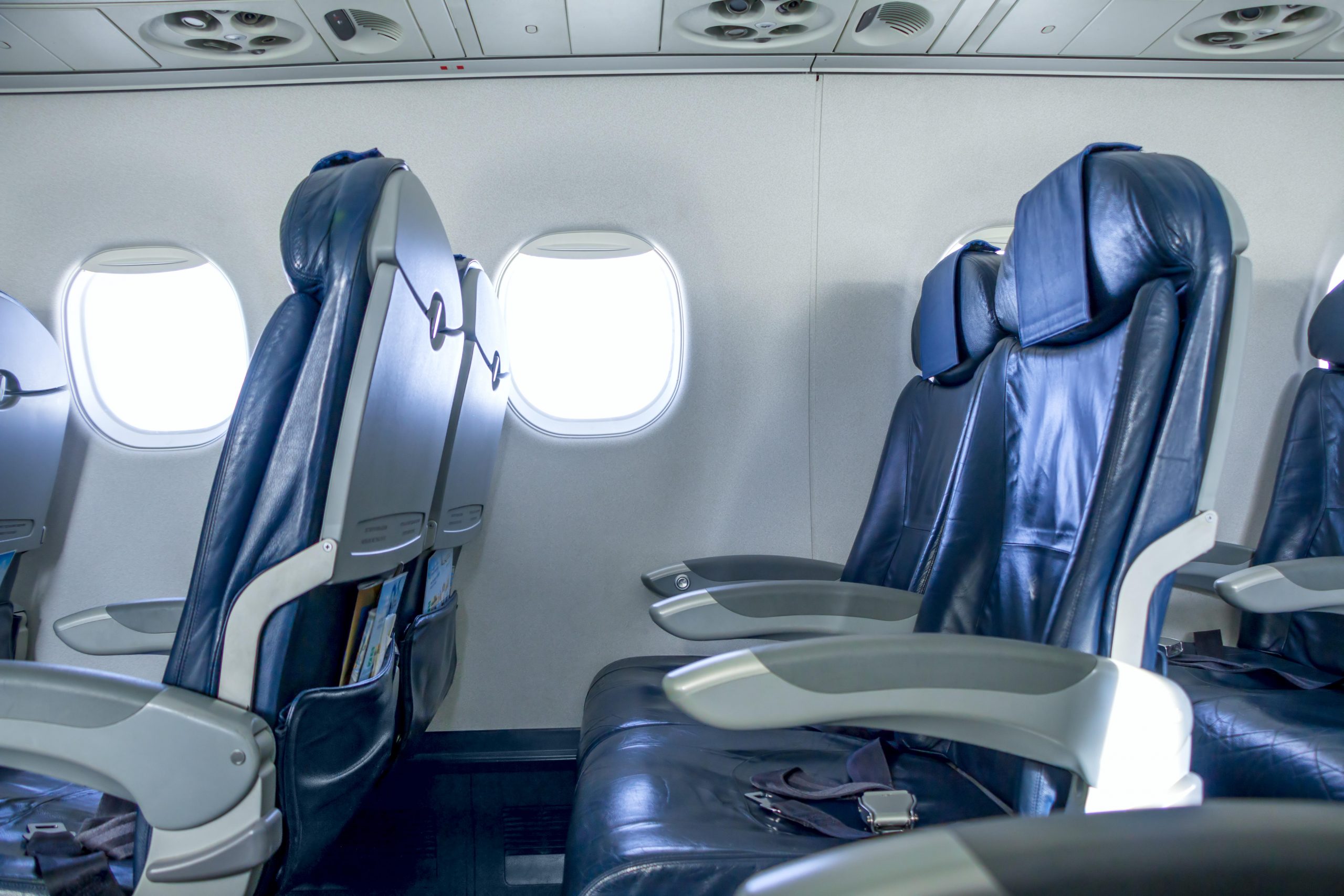
She told the BBC that the family requested an announcement to prevent peanut consumption due to Rosie’s life-threatening allergy.
On Instagram, Palmer recounted: “The SunExpress captain and cabin crew refused to make the standard announcement on behalf of our daughter.
“We gently asked the passengers at the front of the plane to share our request. Row by row, all the passengers turned back to kindly ask the row behind to please not eat nuts on the flight.”
Palmer maintained she remained calm and criticised the crew for their lack of compassion.
According to the NHS, anaphylaxis can trigger severe symptoms, including throat and tongue swelling, making it hard to breathe.
Per anaphylaxis.org: “Some people with nut allergies have had symptoms when travelling on aeroplanes.
“As nut proteins don’t easily become airborne, the most likely sources of nut exposure during flights are dust from the nuts on unwashed surfaces that comes into contact with your mouth or
eyes by accident.”

Speaking to BBC London, Palmer expressed her shock at the crew’s refusal and defensive attitude.
She urged the airline industry to clarify their nut policies on their websites to allow passengers to make informed choices.
Palmer compared airlines to restaurants, which strive to protect individuals with allergies.
In response, SunExpress acknowledged Palmer’s concerns about her daughter’s peanut allergy but reiterated their policy against making allergen-related announcements.
SunExpress, while emphasising their commitment to passenger safety, stated that they do not make such announcements because they ‘cannot guarantee an allergen-free environment’.
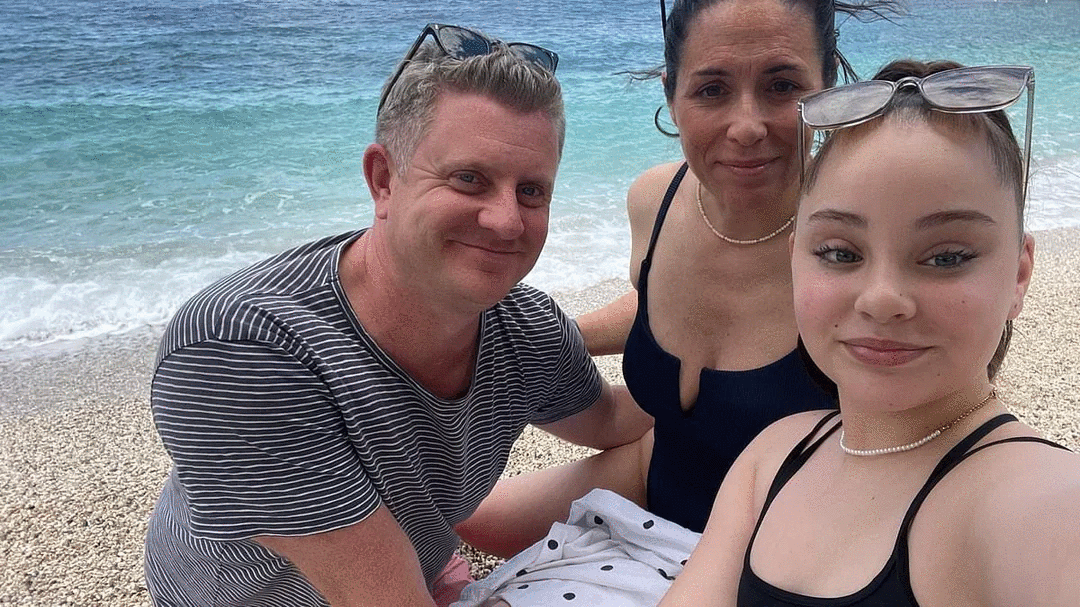
They cited their inability to ensure an allergen-free environment and prevent passengers from bringing allergen-containing food onboard.
The airline claimed that Palmer’s persistent requests led the captain to deem it safest for the family to disembark.
They further alleged that Palmer’s husband exhibited aggressive behaviour and attempted to access the cockpit.
“We refrain from making these kinds of announcements as, like many other airlines, we cannot guarantee an allergen-free environment on our flights, nor prevent other passengers from bringing food items containing allergens on board.
“Due to the insistent behaviour of the passenger to others on board that they should not consume nuts, the captain decided it would be safest if the family did not travel on our flight.
“When this was explained to the passenger, he exhibited aggressive behaviour towards our crew members and tried to gain access to the cockpit.
“To ensure the safety of our crew and passengers, we don’t tolerate aggressive and unruly behaviour on our flights.”
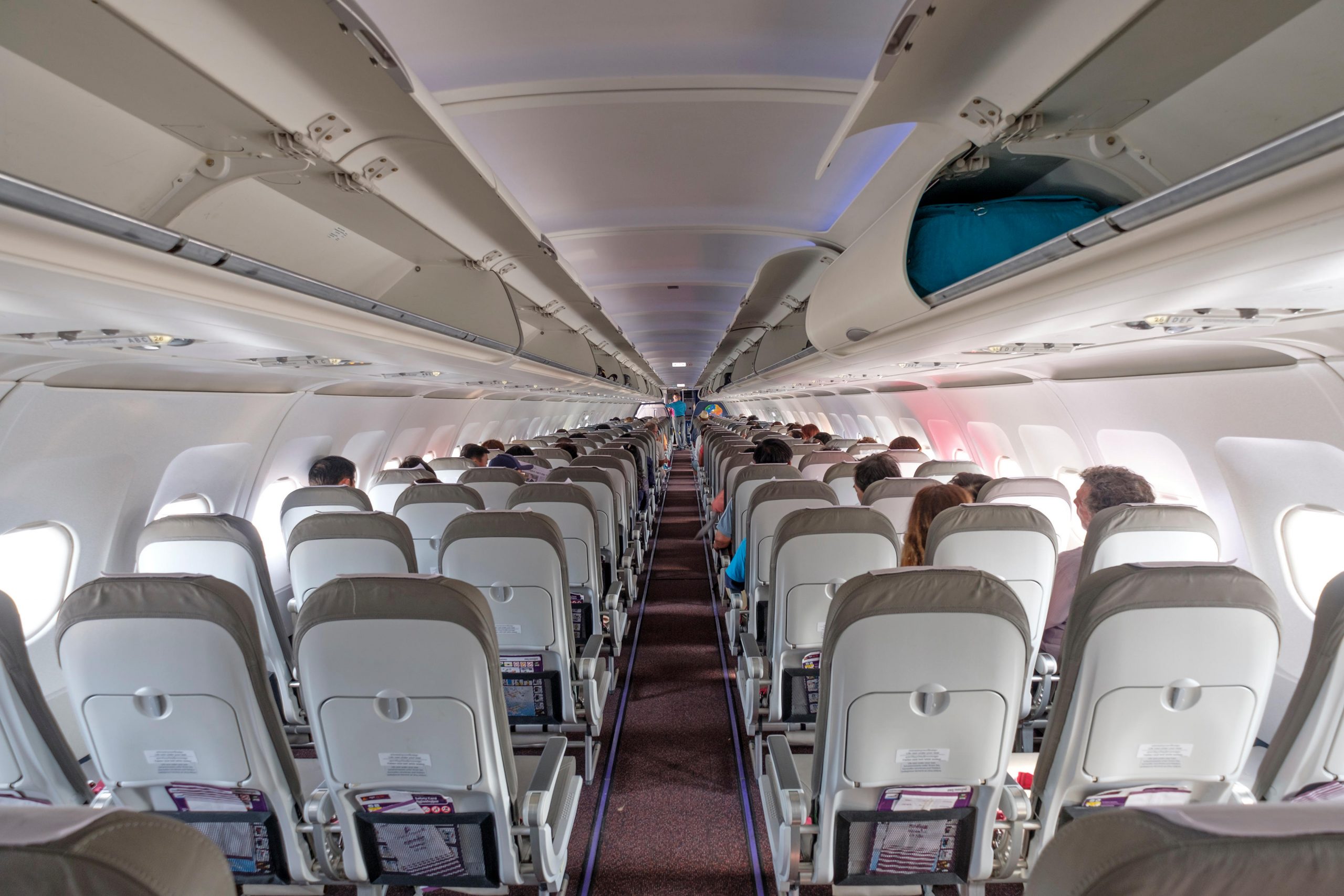
Palmer dismissed these allegations as ‘absolute nonsense’ and hoped fellow passengers would corroborate her account.
She clarified that her husband merely knocked on the cockpit door to speak with the pilot again.
After being removed from the flight, the family took an EasyJet flight the next day, where the crew made several announcements about avoiding peanut consumption.
However, the incident cost them an additional £5,000 for new flights, an airport hotel, and other expenses.
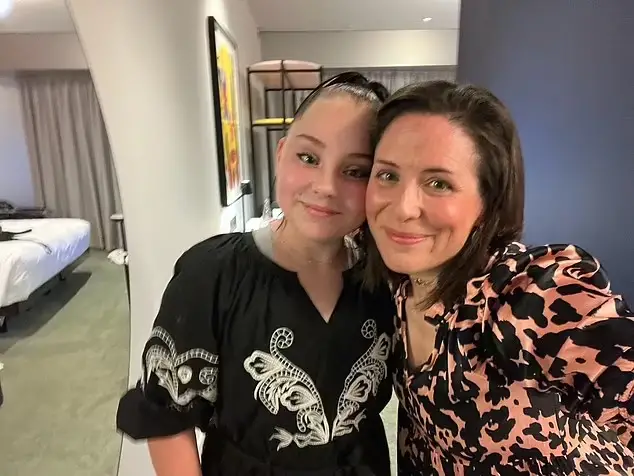
Palmer has since spoken out to MailOnline, saying: “How we were treated was disgusting. The captain decided because of my daughter’s allergy he didn’t want to fly with her on board.
“When he found out I had spoken to the other passengers he was screaming at me from the cockpit. He was so angry, the next thing I knew we were told to get off the plane.
“It is really beautiful how every passenger on that plane was so wonderful but nobody working on that plane showed one ounce of compassion.”
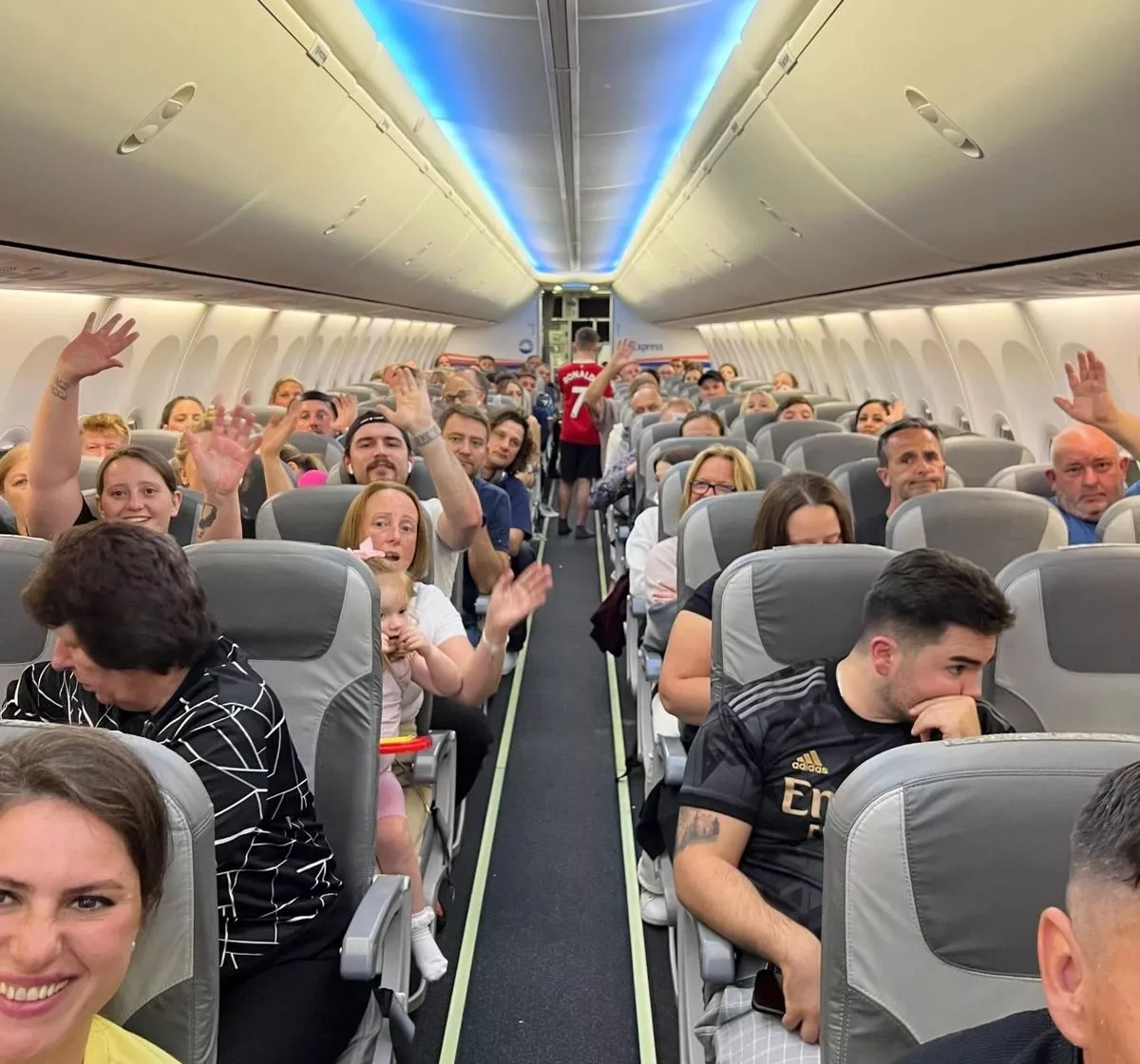
However, one commenter counters: “I can’t recall anyone eating anything peanut on a plane in the last 6 years and I fly a lot. The concern probably is if someone had eaten then and then boarded and someone is deathly allergic, I would think asking at the gate rather than after someone boards and breathes all over the cabin might be a better idea.
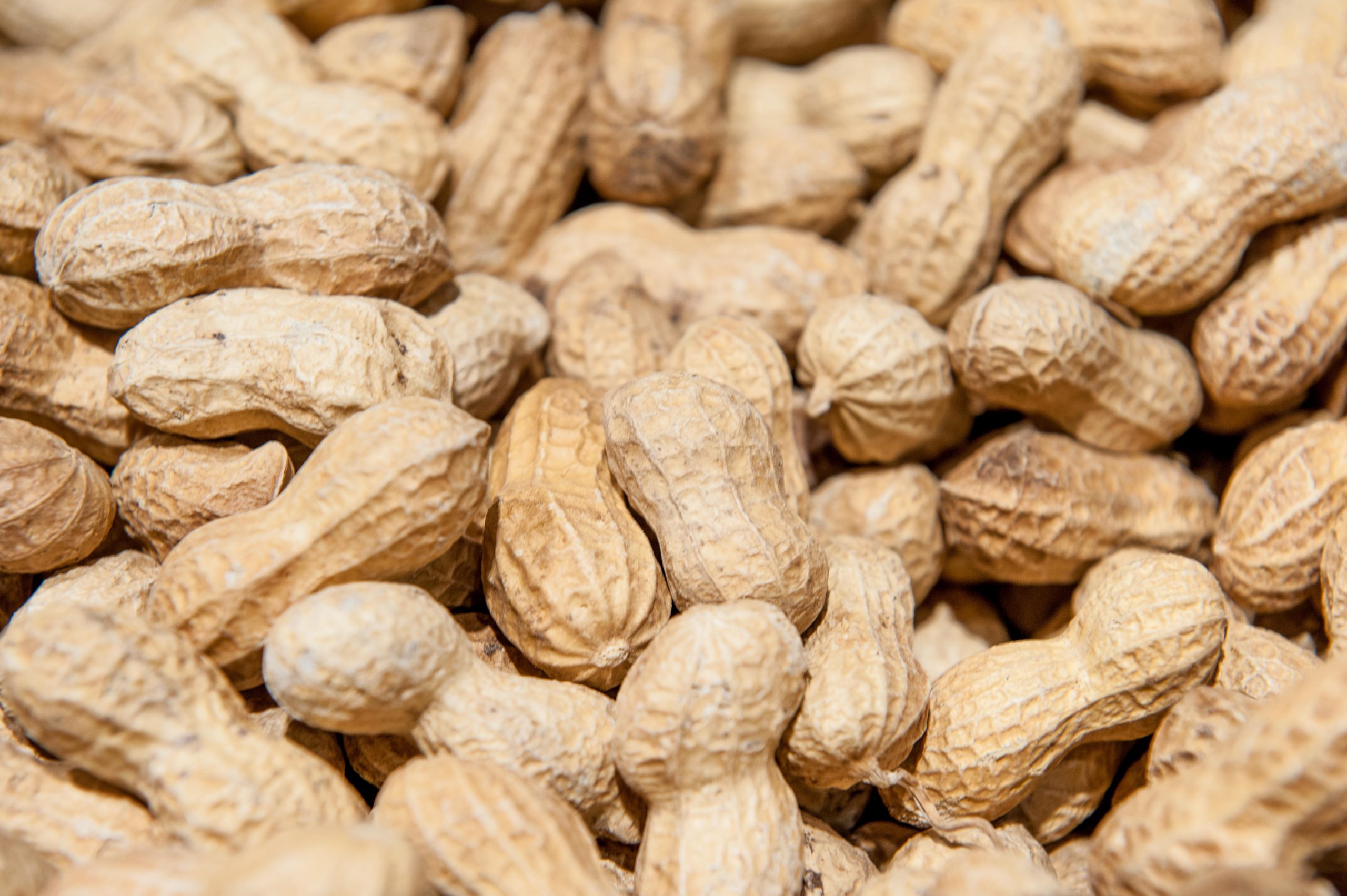
Since the furore, MailOnline has investigated the nut policies of all major airlines.
Per their findings, easyJet does not serve nuts and will make an announcement asking passengers not to consume nut products during the flight. They also stop the sale of any products containing nut traces on board, though they cannot guarantee a nut-free environment.
Ryanair also does not serve nuts and will make an announcement if informed of a passenger’s allergy. They will not sell any nut-containing products on board.
British Airways does not serve peanuts but cannot guarantee a peanut-free meal environment. They will make an announcement and suspend the serving of loose-nut snacks if requested.
Wizz Air does not serve nuts and does not make announcements regarding allergies. They advise passengers to bring their own allergy control medication and notify the crew of their allergies.
TUI does not serve nuts and will make an announcement asking passengers not to eat nut products if informed of an allergy. They do not sell nut products on board but cannot guarantee a nut-free environment.
Virgin Atlantic does not serve peanuts and will make an announcement if requested. However, they cannot guarantee the absence of allergen traces in meals or prevent passengers from bringing their own nut-containing food on board.
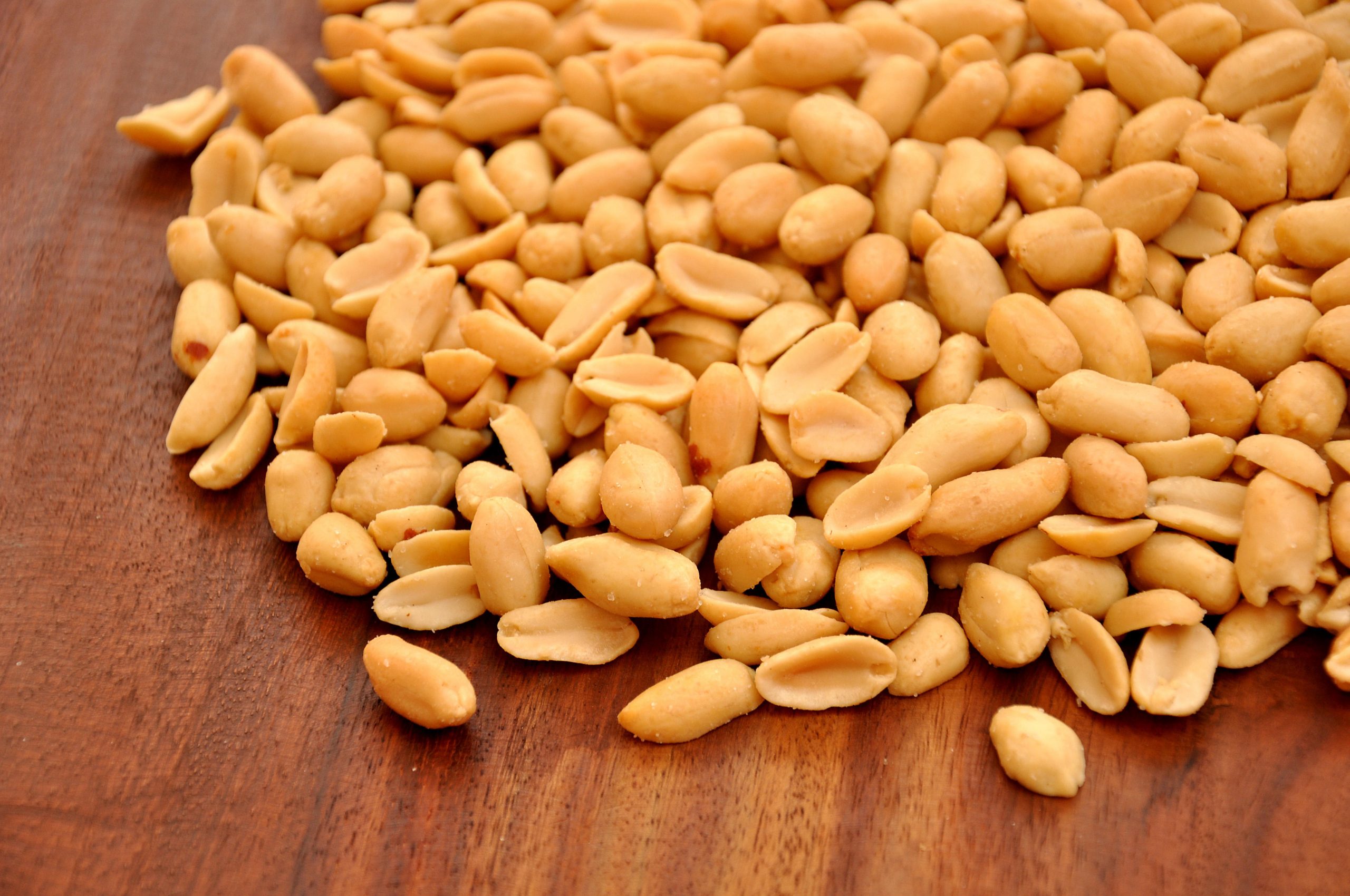
Other airlines, such as Aer Lingus, Air Canada, Air France, Air India, Air New Zealand, Alaska Airlines, and American Airlines, have various policies but generally do not guarantee a nut-free environment and do not always make announcements regarding nut allergies.
Despite the serious risk of anaphylactic reactions, many airlines, including Asiana Airlines, Cathay Pacific, Delta, Etihad Airways, Emirates, EVA Air, Finnair, Hawaiian Airlines, Japan Airlines, JetBlue, KLM, Lufthansa, Malaysia Airlines, Qantas, Qatar Airways, Singapore Airlines, South African Airlines, Southwest Airlines, SWISS, Thai Airways, Turkish Airlines, United Airlines, Virgin Blue, and WestJet, have varying policies on serving nuts and making allergy announcements.
Most emphasise the need for passengers with severe allergies to carry their own medication and take necessary precautions.
Related Article: Student Dies After Drinking ‘Dangerous’ Lemonade From Popular Fast Food Chain
Related Article: People Horrified At Reality Of What Airport Security Could See When You Walked Through X-Ray Machine
Related Article: Flight Expert Explains Why You Should Never Wear Leggings On A Plane
Do you have a story for us? If so, email us at [email protected]. All contact will be treated in confidence.





